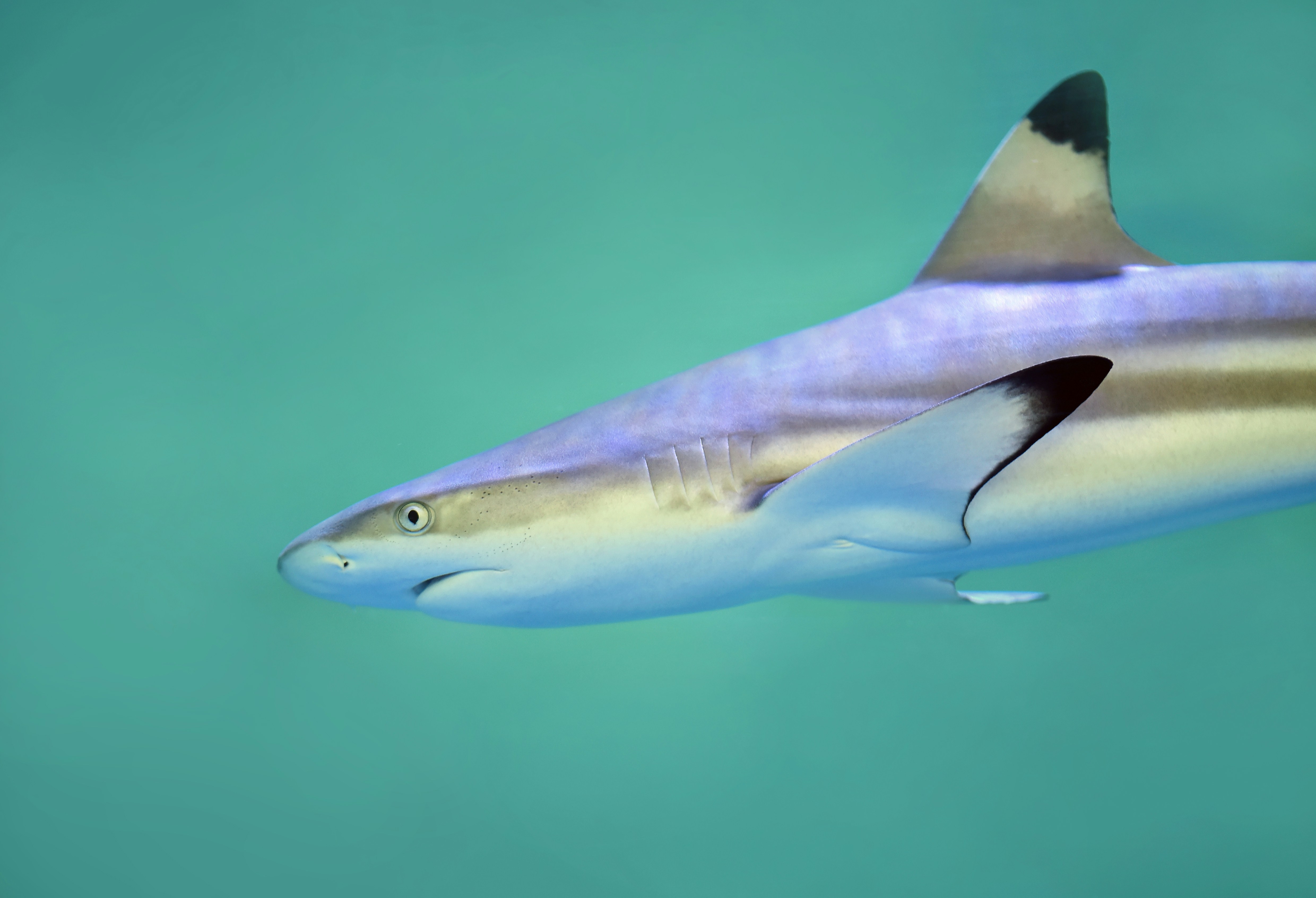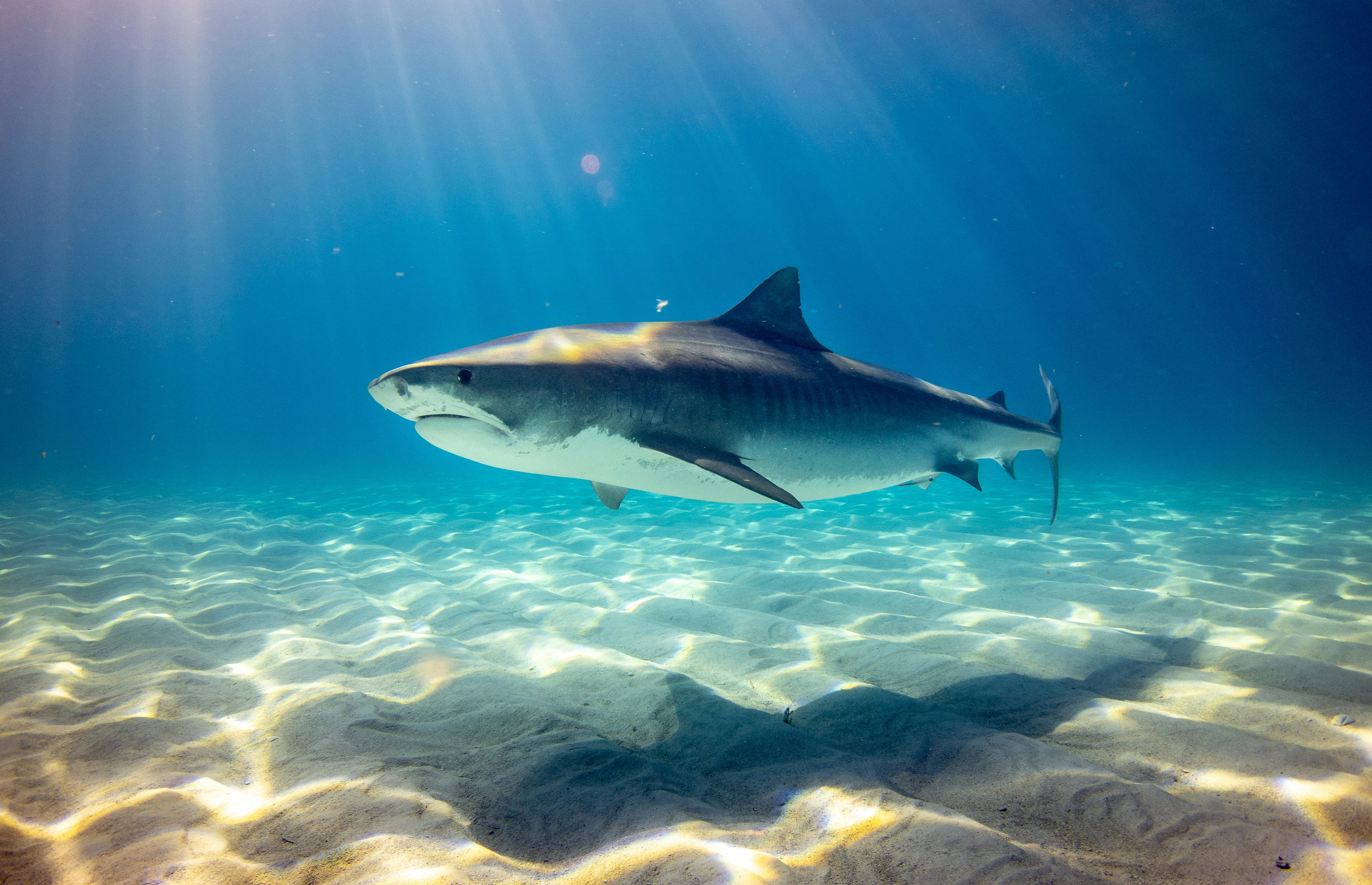When you thought it couldn’t get worse, most people have already given their judgments about sharks. But have you ever known that some are herbivores? Or that statistically, a cow is much more dangerous than a shark? Sharks have kept the oceans healthy for hundreds of millions of years; it’s time they get their proper place in history. Let’s overcome the “Jaws” situation and take our focus more closely to the real image of sharks: guardians of nature in the seas.
Balancing Ocean Ecosystems
Think of the ocean as some grand orchestra, each species playing a critical part. The sharks, by analogy, may be thought of as conductors, keeping order in an ecological setting where even slight shifts can unbalance everything. They are crucial also in restraining “mesopredators” — small predators, snappers and groupers, for instance. When big sharks decline through overfishing, the population of such mesopredators explodes, finishing off algae-guzzling fish, thus ruining the health of corals.
The absence of these algae-consuming fish results in the obstruction of sunlight, which eventually covers the surface of the coral reefs by algae, hence preventing any new coral growth. Sharks, acting as apex predators, have maintained this balance by being an essential protective “bookmark” for entire ecosystems.
Perhaps one of the lesser-known critical functions of sharks is nutrient cycling. Shallows are generally deficient in nutrients, yet it is the very poor nutrient areas that support life-rich ecosystems such as coral reefs. Sharks help distribute the nutrients by feeding in deeper waters, then surfacing into the shallows where they deposit their waste, which fertilizes this region.
For example, grey reef sharks are essentially delivery services from the nutrient-rich deep waters to otherwise nutrient-poor coral reefs. Nitrogen is a fertilizer; it promotes biodiversity in the shallows, but without that, coral ecosystems cannot thrive. Think of a farmer fertilizing crops and these sharks can be likened to doing the same for the coral reefs, enriching them with every voyage.
Natural Control in the Struggle Against Global Warming
They are also part of the struggle against global warming. Really, it is sharks! The seagrass meadows help them from overgrazing by sea turtles and other ones. These underwater grasslands are called “blue carbon” because they suck carbon dioxide from the atmosphere, 35 times faster than tropical rainforests. In fact, if there were no sharks, the grasses would be overgrazed; hence, carbon stored in sediments would be released into the atmosphere and enhance global warming.
On top of that, sharks themselves are carbon reservoirs. Their body is loaded with carbon that will end at the bottom of the ocean floor at death, locking carbon for thousands of years. However, overfishing breaks this cycle with carbon returning into the atmosphere, undermining their quiet role as climate allies.

Why Shark Conservation Matters
Overfishing, demand for shark fins, and loss of habitat have precipitated stunning declines. Shark populations in open ocean have declined by up to 71 percent in just 50 years and over one-third of all shark species now threaten extinction. Over 100 million are killed each year. “This isn’t a shark problem—it’s an ocean health problem,” says Toby Gadbois, the leading scientist in the study for Ocean Conservancy.
Since sharks grow only slowly and reproduce but occasionally, they cannot remotely match the speed of declines. Each shark that disappears means an irreversible loss of an indispensable component in the ocean’s ecosystem. Sharks are predators but also function like engineers, caretakers, and essential aspects of the natural machinery of the ocean.
Five Amazing Ways Sharks Help Our Planet
- Climate Champions: Sharks are born climate allies. They protect the blue carbon in seagrass meadows and support underwater ecosystems that trap greenhouse gases; shark mediation indirectly fights global warming by keeping grazers like sea turtles in check.
- Underwater Architects: Many of the bottom-dwelling rays, relatives of sharks, are “habitat engineers.” What do they do? They make micro-habits to help an enormous range of marine life from tiny invertebrates up into fish and seabirds as they skim over sandy areas in search of food.
- Nutrient Transporters: Sharks spend their time traveling deep for feeding purposes then return to shallow water for the purpose of waste deposition, enriching this region with nutrients. This deep-to-shallow movement supports plankton, fish, and coral, which in turn supports the delicate balance of a food chain.
- Stars of Marine Tourism: Shark ecotourism is booming. Several hundred thousand people visit the Maldives, Australia, and beyond each year to watch sharks. Their tourism generates millions of dollars in local economies, supporting conservation efforts.
- Blue Circle of Life: Even sharks have their circle of life after death. Upon shark natural death, these sinking bodies reach the floor where they become a feast for sea scavengers, representing essential nutrient sources for deep-sea life.
Protect Sharks for Future Generations

With every lost shark species, the ocean is moved a little bit closer to simplification. Sharks provide niche contributions in carbon cycling, nutrient transport, ecosystem engineering, and even as tourist attractions that cannot be replaced. Thus, sharks need utmost conservation by preserving them through: the increase of Marine Protected Areas and improved sustainable fishing practices.
With the speed of climate change accelerating, so does the need to conserve sharks and ensure these magnificent creatures continue to play their lifesaving role. Shark conservation is urgent. Sharks are becoming extremely vulnerable to unsustainable fishing for their fins, meat, and liver oil, which is highly in demand across the globe. There are other activities apart from these, such as coastal developments, which destroy habitats and increase the peril to populations.
The Big Picture: Save Sharks and Save the Planet
Sharks’ survival is not simply an issue of marine conservation but a global need. Healthy oceans regulate our climate, produce oxygen, and nurture biodiversity to sustain life on Earth. Protecting sharks is an investment in a better, stronger, and more sustainable future for our planet.
Picture coral reefs teeming with life, rich with seagrasses, and brilliant with great schools of fish, with sharks swimming above them as the guardians of this ecosystem. This is not a dream. This is the way forward for a future of greater sea life prosperity. The time is now to ensure that sharks continue their stewardship of our oceans, because without sharks, the oceans will not be the same.

















